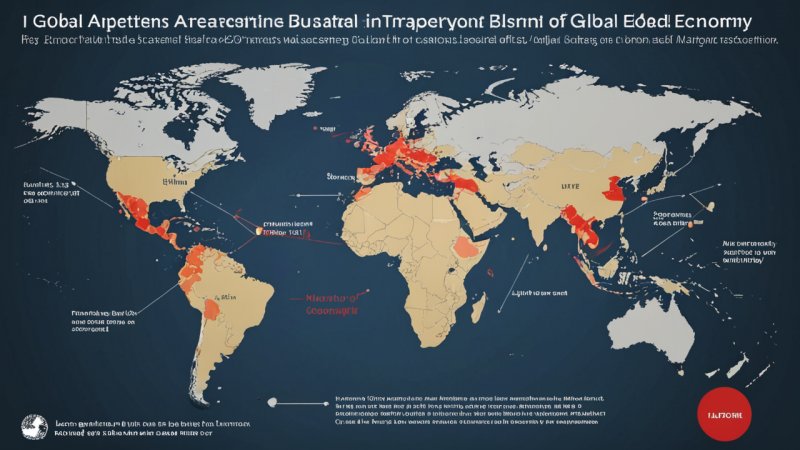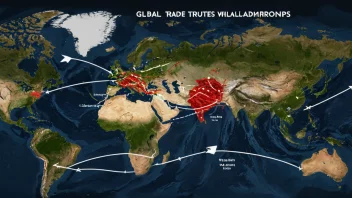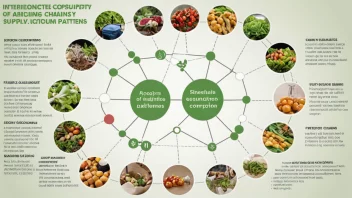Trade agreements are essential tools in the global economy that can significantly influence economic growth and development. These agreements are negotiated between countries to facilitate trade by reducing or eliminating tariffs, import quotas, and other trade barriers. Understanding their role is crucial for grasping how economies interact and prosper in a globalized world.
One of the primary benefits of trade agreements is that they promote international trade by making it easier and cheaper for countries to exchange goods and services. By lowering tariffs, countries can export their products at more competitive prices, which can lead to an increase in sales and revenue. For instance, the North American Free Trade Agreement (NAFTA) allowed for increased trade between the United States, Canada, and Mexico, significantly boosting economic activity in the region.
Moreover, trade agreements can stimulate economic growth by attracting foreign investment. When countries enter into trade agreements, they create a more stable and predictable environment for investors. This stability encourages businesses to invest in new markets, which can lead to job creation and technological advancements. For example, the European Union's single market has attracted significant foreign direct investment, leading to economic growth and innovation within member states.
Additionally, trade agreements often include provisions that promote cooperation in various sectors, such as environmental protection, labor rights, and intellectual property. These provisions can enhance the overall quality of life in participating countries. For instance, agreements that enforce labor standards can lead to better working conditions and wages for workers, fostering a more equitable economic landscape.
However, trade agreements are not without their criticisms. Some argue that they can lead to job losses in certain sectors, particularly in industries that cannot compete with cheaper imports. This concern highlights the importance of complementary policies, such as retraining programs for displaced workers, to ensure that the benefits of trade agreements are more broadly shared across the economy. Furthermore, there are concerns about the environmental impact of increased production and transportation of goods, which necessitates careful consideration and regulation.
In conclusion, trade agreements play a pivotal role in fostering economic growth by enhancing trade, attracting investment, and promoting cooperation among nations. While they bring numerous benefits, it is essential to address the challenges they pose to ensure that economic growth is sustainable and equitable. As globalization continues to evolve, understanding the implications of trade agreements will be crucial for policymakers, businesses, and individuals alike.






